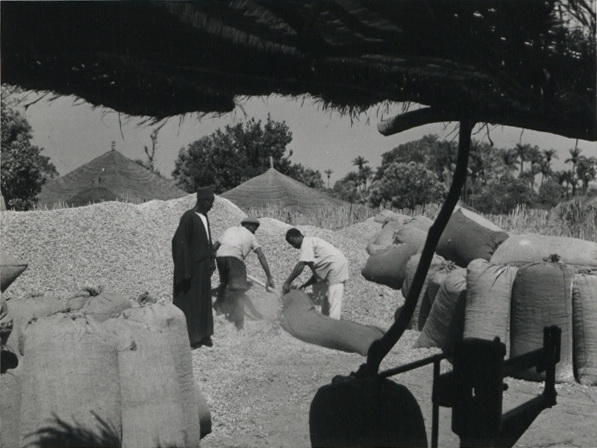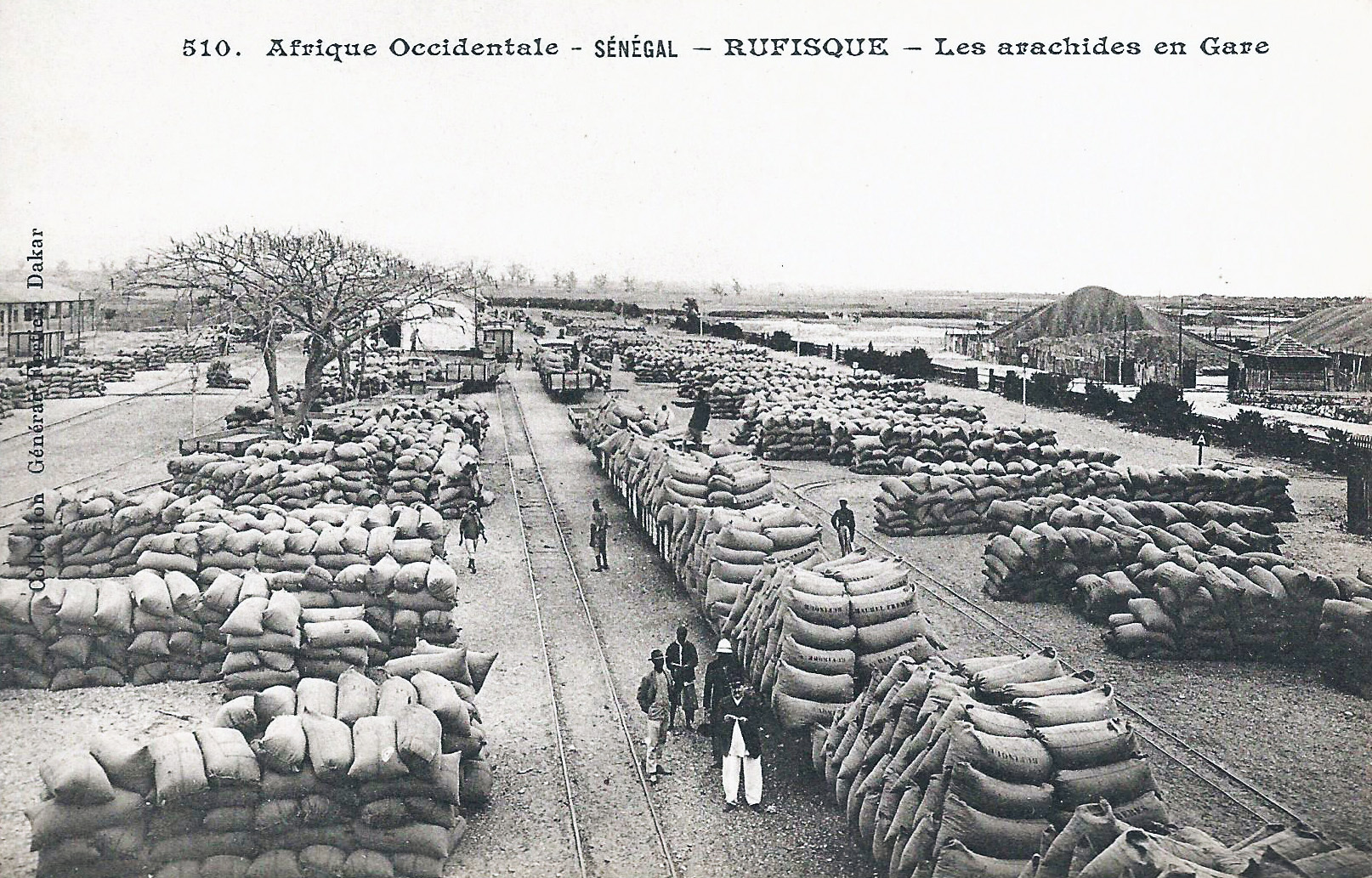El Hadji Barry
El Hadji Barry’s family was originally from a village in the Yimbéring area of the district of Mali in Futa Jallon (Guinea). He left Guinea in the early 1960s to come to Gambia, following his family to the village of Yoro Beri Kunda. At that time, Fulbe from Futa Jallon (Fulbe Futa) would come to Gambia and central Senegal to harvest peanuts, working part-time for the families that hosted them, and part-time on their own fields. Some of these Fulbe Futa stayed in the villages where they went to farm, especially if those villages were predominantly Fulbe.
During the colonial period in Guinea, people were required to tap rubber trees and bring rubber to the colonial government. They also had to work on forced labor projects and pay heavy taxes. These policies were unevenly distributed and hit peasants and people of slave descent hardest. After Sékou Touré took power, he declared that all people were equal.
El Hadji said that historically movement between Senegal and Gambia has just been “in search of money,” rather than the people who fled Guinea or Guinea-Bissau for political reasons. Today, this area of Gambia is closely connected to Senegal, in part because of the development of weekly markets (lumo in the Pulaar language) on both sides of the border.
Interview
At that time, people from Guinea would come here. They would come to farm peanuts and then come back. If you had a host, you had to work for them for three days a week, if they were a Fulbe host. If they were Wolof or Mandinka, you would work for them for four days and you would have three days for yourself.
We would spend the rainy season farming there. Then when it was done, we would weigh the peanuts, they would pay us, and we would go home. Those who wanted to go home would do that, but others wanted to stay.
Did people leave Guinea for Senegal, Guinea-Bissau or Gambia because of taxation and forced labor?
If you see people coming here [Gambia] to farm, it is because things are too difficult where they are. If you do not have work, if [in Guinea] they would arrest you or take you, then it is very difficult. If you could go and make money and come back and give it to your parents, then you can take care of yourself. At that time, there was nothing in Senegal, Guinea-Bissau, and Gambia but farming.
At that time was the Guinean government worse than Senegal or Gambia?
I don’t know about that because I was too young.
When you came here, who ruled Guinea? Was it Diallo Yacine or Sékou Touré?
It was Sékou Touré. He was president for three years before I left there [so roughly 1961].
At the time you came, was there any problem crossing the Guinea-Senegal border?
No at that time there was family, there was jokkere endam [the maintenance of family ties], people helped each other. There was solidarity. But after that it’s praise be to God [alhamdulillah].

